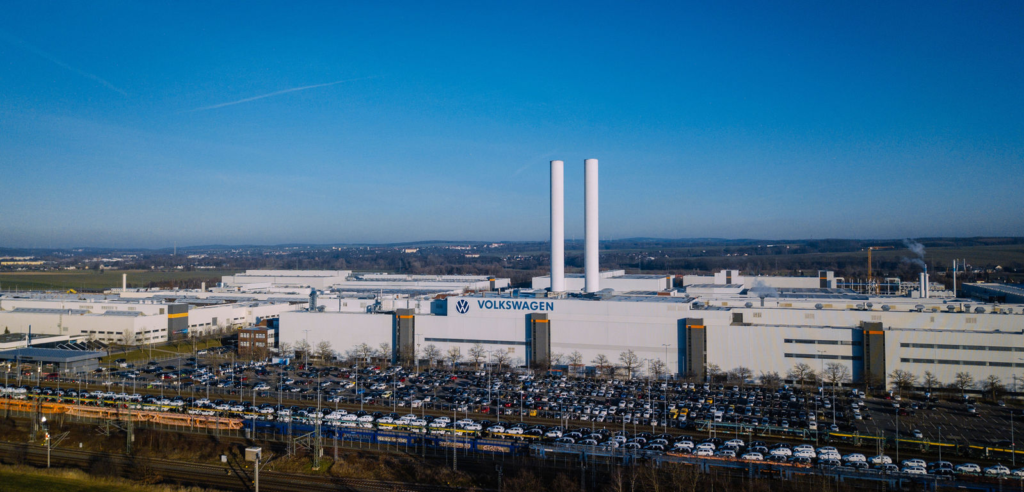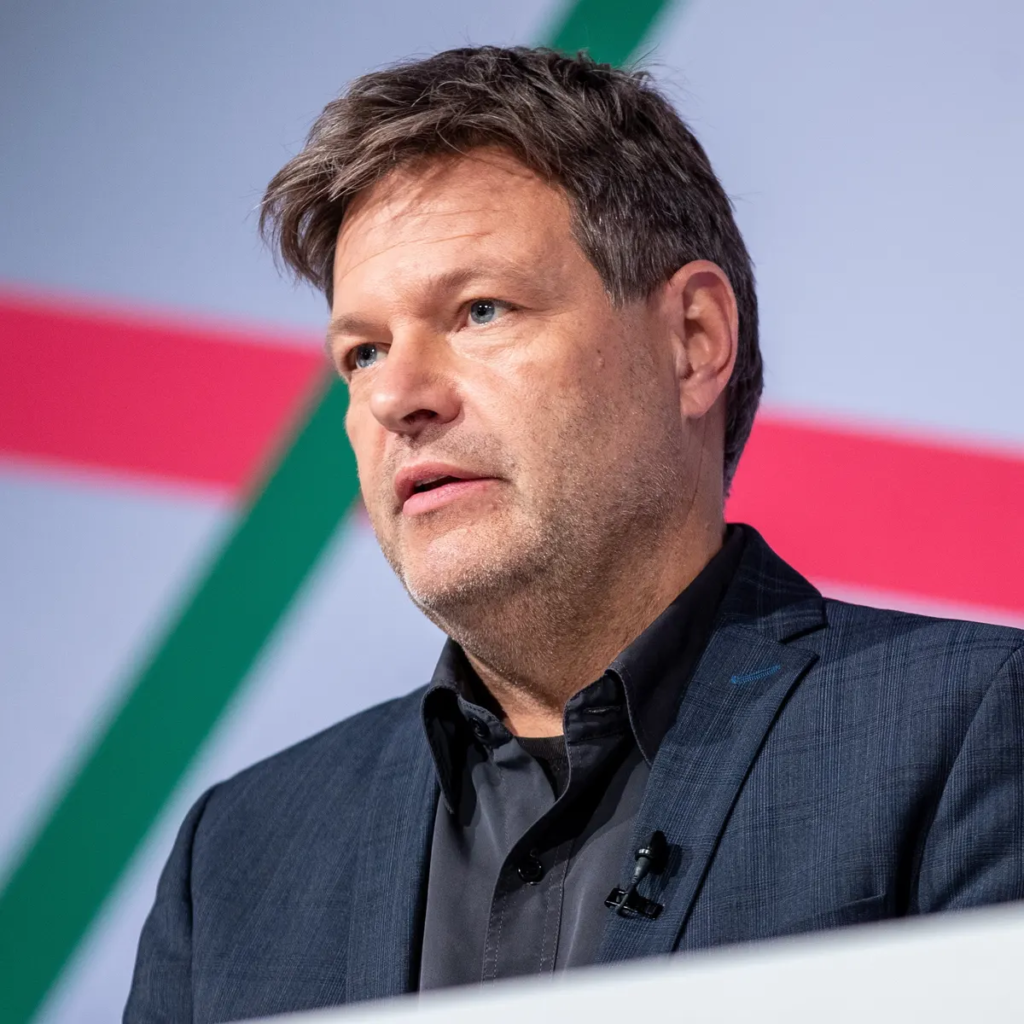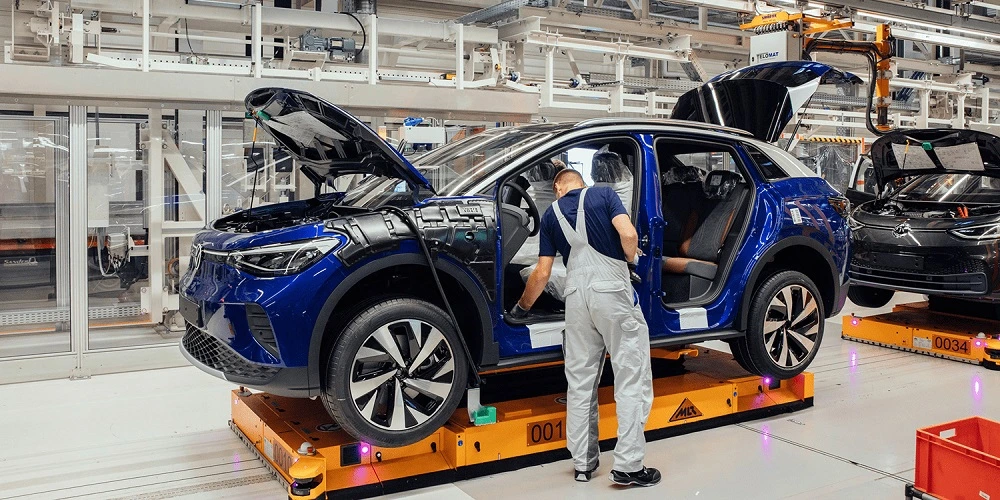Volkswagen has decided to reduce its workforce at the Zwickau plant – the largest electric car plant in the group- due to a significant drop in demand for EVs.
The German company announced that it would not renew 269 fixed-term contracts that are about to expire after 12 months. Currently, about 10,700 people work at the factory.
In the first half of 2023, some of the company’s models saw a decline in sales compared to the previous year.
For example, the VW Up had 16,266 registrations in 2022. But currently, it has 12,245 and a market share of 12.9%, down from 19.4% the previous year.

At the beginning of the year, orders for the Zwickau plant were nearly 300,000 cars, but the number has now dropped to less than half.
If the situation doesn’t improve, production at the site will go from three shifts to two.
It’s worth mentioning that the factory, located in the Free State of Saxony, is the largest electric car plant in the group.
It produces the models ID.4, the ID.5 coupe, the compact ID.3, the Cupra Born, and the Audi Q4 e-tron as SUVs and Sportbacks.
The metalworkers’ union, IG Metall, has expressed its concerns.
Its first representative, Thomas Knabel, said it’s a “catastrophe for the affected individuals and their families.”
Therefore, the specific procedure that VW will undertake will be coordinated with the employee representatives in the coming days.
How does the reduction in incentives impact Volkswagen’s decision?
The decrease in electric car sales may not only be due to inflation but also to the German government’s decision.
The German Ministry of Economy reduced incentives for electric vehicle purchases and completely eliminated subsidies for plug-in hybrids.
This marked a significant change in the electromobility market when comparing sales in 2022 with the first half of this year.
According to Robert Habeck, the Minister of Economy, the reasons for this measure are that “plug-in hybrids are marketable and no longer require public funding.”

This provision affects those who purchase an electric car priced below 40,000 euros.
Buyers receive a subsidy of 4,500 euros, which will be reduced to 3,000 euros in 2024.
For units priced above 40,000 euros, the assistance is 3,500 euros.
The benefit does not apply to those with a price tag above 65,000 euros, with a cap of 45,000 euros the following year.
Additionally, manufacturers are only required to contribute 50% of the government fee for electric cars and zero euros for plug-in hybrids.
Hildegard Müller, president of the German Association of the Automotive Industry (VDA), emphasized at the time:
“We expect the reduction in incentives for electric cars and the elimination of subsidies for plug-in hybrids to continue to negatively impact the expansion of electromobility.”
VDA reports that, in the first eight months, domestic orders fell by 22% compared to the same period in 2022.
Overall, combined domestic and foreign sales in the first half of the year recorded a 7% decrease.
This measure not only affects the Zwickau plant
At the end of June, it was reported that VW was temporarily reducing electric car production at its Emden plant.
They also did this in Wolfsburg, where they installed an additional production line for the ID.3 as an excess from Zwickau production, costing around 50 million euros.
According to the German publication Automobilwoche, Volkswagen plans to halt vehicle production in Dresden after more than 20 years.
However, the “Gläserne Manufaktur” plant will be preserved, and the approximately 300 employees will be assigned other tasks that are yet to be specified.









